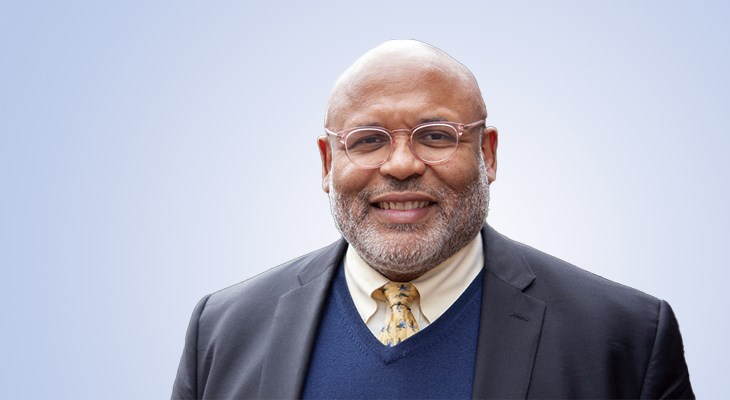
Michael K. Pearson, like many entrepreneurs, built Union Packaging because he thought he could do something better or fill a gap in the market. For food-based packaging, he thought he could build a workforce within an urban community, be competitively priced and go up against some large multinationals.
He also wanted to be close to home and establish career pathways that had long since left suburban Philadelphia and Philadelphia, offering an opportunity for folks to have a well-paying job with a technical-base career that did not need college as a platform for building financial independence for individuals.
That company, which at its peak, employed some 100 people, emphasized recruiting, developing and retaining talent from what he called non-traditional sources. For example, he hired Philadelphia Public Schools graduates with learning differences, as well as job-ready participants from the Philadelphia prison system and documented new arrivals from 16 nations.
In 2019, Union, packaging was sold to LBP manufacturing, which is owned by Pritzker Private Capital. Despite the company’s unique hiring practice, Pearson says the due diligence process was similar to any other.
They looked at financial and HR records, as well as talent. There was very little discussion about his workforce in that due diligence process with the exception of identifying key team members that they wanted to retain.
“So, that became the emphasis of the process and the mission of how we acquired that talent became less of a focus for a discussion point.”
When Pearson got an inquiry about selling his business, and learned about the roll-up strategy they the Pritzker-owned company was putting in play, he was told his company was a critical piece of that strategy. The market was in a place where he thought he could get a multiple, because of that strategic purchase, that matched his expectations.
“And I came to, and this is probably the most important point, realizing that me preparing my employees for the workforce and giving them a skill that that was transferable to other companies was really the extent of my responsibility,” Pearson says. “My profit sharing while we did so, allowing them to have benefits, I had prepared a workforce that the paternalistic aspect of doing more, I felt, was no longer my responsibility, and that I should shift to my goal of putting my family and myself in a position, financially and lifestyle-wise, that was more suitable. That is frequently a difficult decision for anyone who deems themselves a social entrepreneur, or triple bottom line. When you have those types of missions, the sale of a business can be a very emotional and tough process. However, it still has to come down to, businesses are designed for growth and they’re designed to create profit and opportunity. If you are no longer capable to fully tackle that mission and you have an exit strategy in play, you should take the exit strategy.
Pearson spoke on the Smart Business Dealmakers Podcast about selling his company as well as preparing for life after a sale.